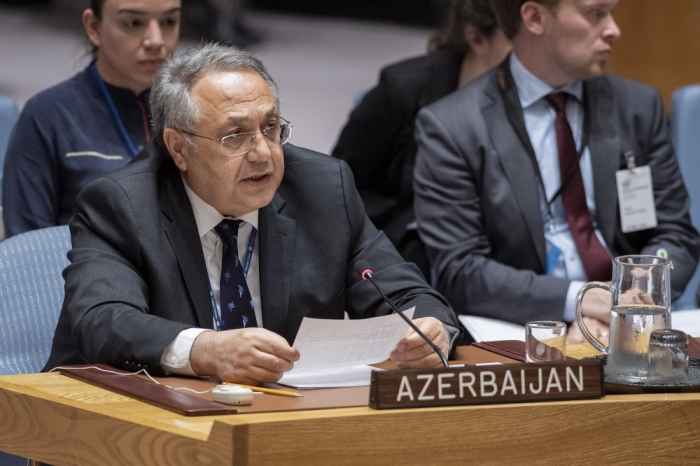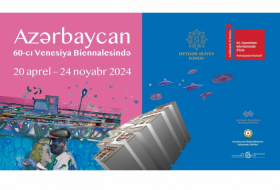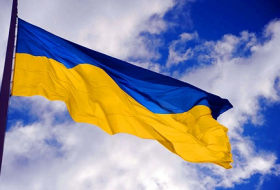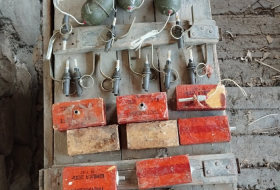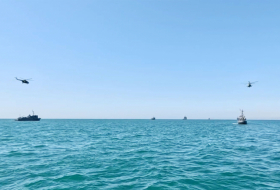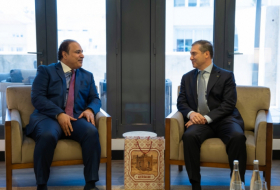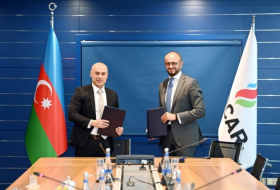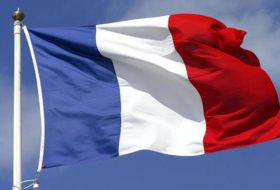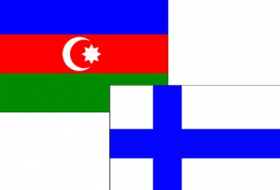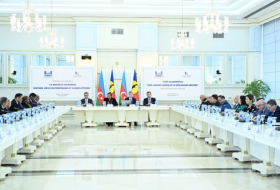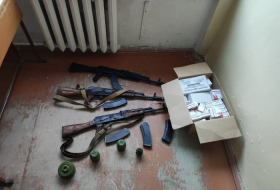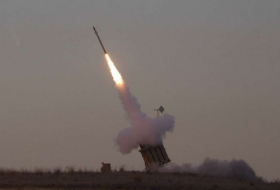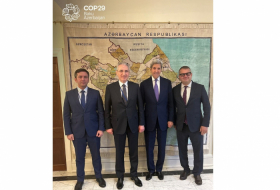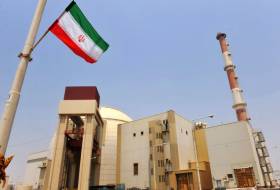“As we are approaching the seventy-first anniversary of the Convention on the Prevention and Punishment of the Crime of Genocide and some events are scheduled to take place on 9 December 2019 at United Nations Headquarters in New York on the occasion of the International Day of Commemoration and Dignity of the Victims of the Crime of Genocide and of the Prevention of This Crime, I would like to bring to your attention the following.
The Convention on the Prevention and Punishment of the Crime of Genocide is one of the first international instruments, to which the Republic of Azerbaijan acceded after the restoration of its independence and admission to the United Nations. We believe that the universal ratification of the Convention would represent an important consolidated commitment of the international community to the eradication of the crime of genocide.
We underline the importance of the mandate of the United Nations Office on Genocide Prevention and the Responsibility to Protect in advancing national and international efforts to protect populations from genocide, war crimes, ethnic cleansing and crimes against humanity.
Azerbaijan knows about the odious scourge of genocide, and not from hearsay. The 31st of March is commemorated as the Day of Genocide of Azerbaijanis, in memory of those thousands of civilians killed as a result of Armenian offensives in 1918.
Serious violations of international humanitarian law amounting to war crimes, crimes against humanity and acts of genocide were committed in the course of the war unleashed by Armenia against Azerbaijan at the end of the 1980s. The war, which continues to date, claimed the lives of tens of thousands of people and ruined cities, towns and villages; thousands of people went missing; and all captured areas of Azerbaijan were ethnically cleansed of their more than 1 million Azerbaijani population.
In February 1992, the largest massacre during the conflict was committed against the civilians of the town of Khojaly, in the Nagorno-Karabakh region of Azerbaijan. As a result of the attack and capture of the town by the Armenian forces, hundreds of Azerbaijanis, including women, children and the elderly, were killed, wounded or taken hostage, while the town was razed to the ground. The level of brutality in Khojaly is shocking: six families were totally exterminated; 25 children lost both parents and 130 children lost one parent; 56 men were either burned alive, scalped, tortured, beheaded or blinded; and pregnant women were bayoneted.
It is important that the international community think about what happened in Khojaly and in other cities, towns and villages of Azerbaijan. Yerevan’s stubborn denial of its responsibility for heinous crimes committed during the aggression against Azerbaijan is a defiance of international law and human rights, as well as a direct obstacle to lasting peace and genuine reconciliation.
Indeed, while international norms and standards, along with institutional activities, have significantly developed over the years, civilians continue to pay the highest price in the wake of armed conflict. Among other critical measures required to effectively confront impunity, it is important to insist also that peace and preventive diplomacy efforts contribute to ensuring accountability and under no circumstances tolerate or encourage the sustenance of situations achieved by the unlawful use of force and other egregious violations of international law, such as genocide, war crimes, crimes against humanity, and ethnic cleansings.
Further, it should be particularly noted that the Convention on the Prevention and Punishment of the Crime of Genocide was adopted in response to widespread atrocities and civilian suffering in the Second World War. However, we continue to witness instances of glorification of Nazis and their collaborators in some countries, including those attempting to introduce themselves as fervent promoters of human rights and the genocide prevention agenda. Such shameless hypocrisy is unacceptable and represents a profound disrespect for the memory of millions of people throughout the world who gave up their lives for freedom from tyranny and colonization during the Second World War.
For the sake of truth, peace and well-being, it is critical that the intentions of those speculating on the sensitive domain of criminal justice to falsify history, sow dissension and conceal their own responsibility for the most serious crimes never succeed.
I should be grateful if you would have the present letter circulated as a document of the General Assembly, under agenda items 31, 32, 37, 68, 75, 83 and 130, and of the Security Council.”
The Convention on the Prevention and Punishment of the Crime of Genocide was adopted by the United Nations General Assembly on December 9, 1948 as General Assembly Resolution 260. The Convention entered into force on 12 January 1951. All participating countries are advised to prevent and punish actions of genocide in war and in peacetime. As of May 2019, 150 states have ratified or acceded to the treaty.
More about: #UN








